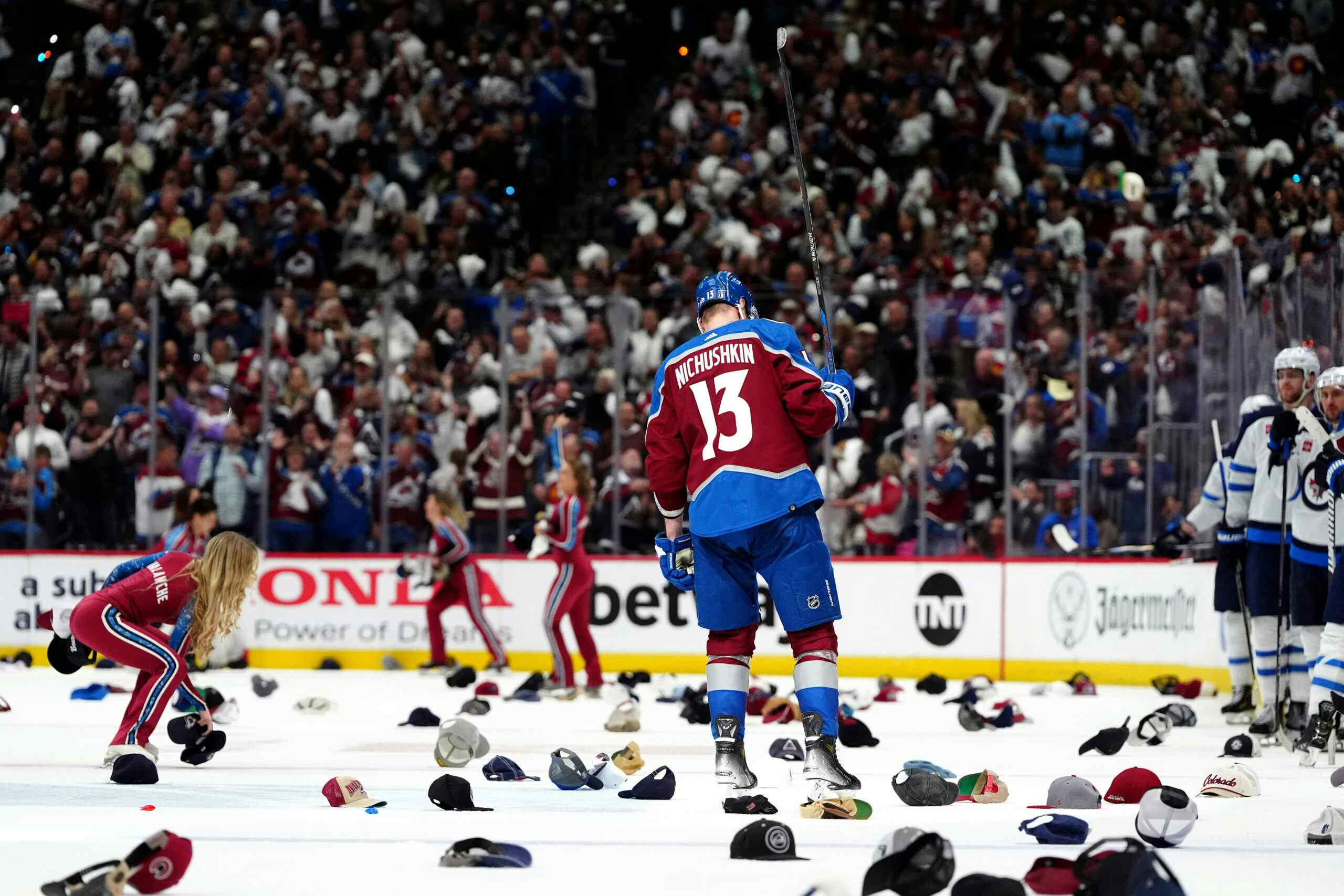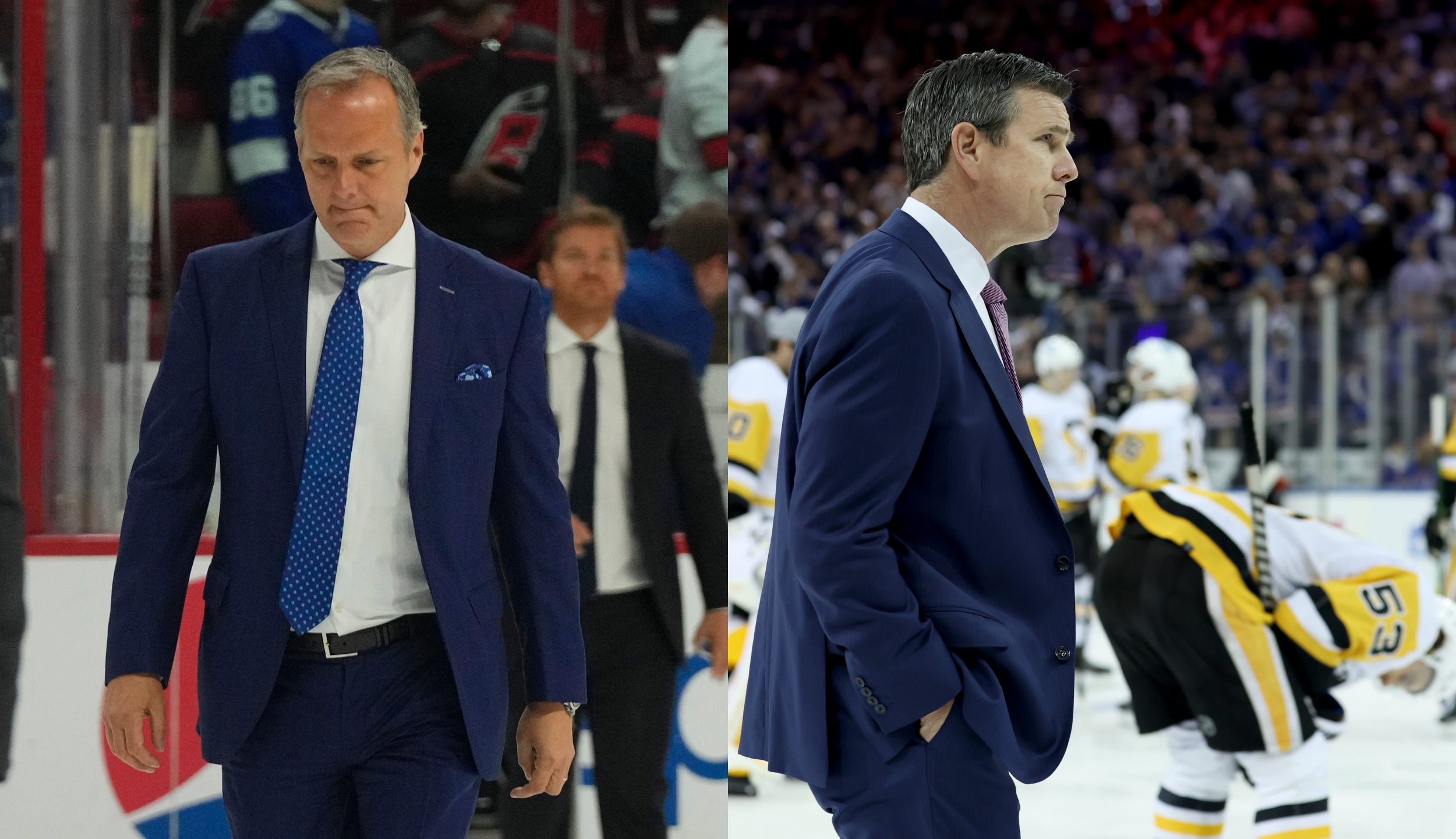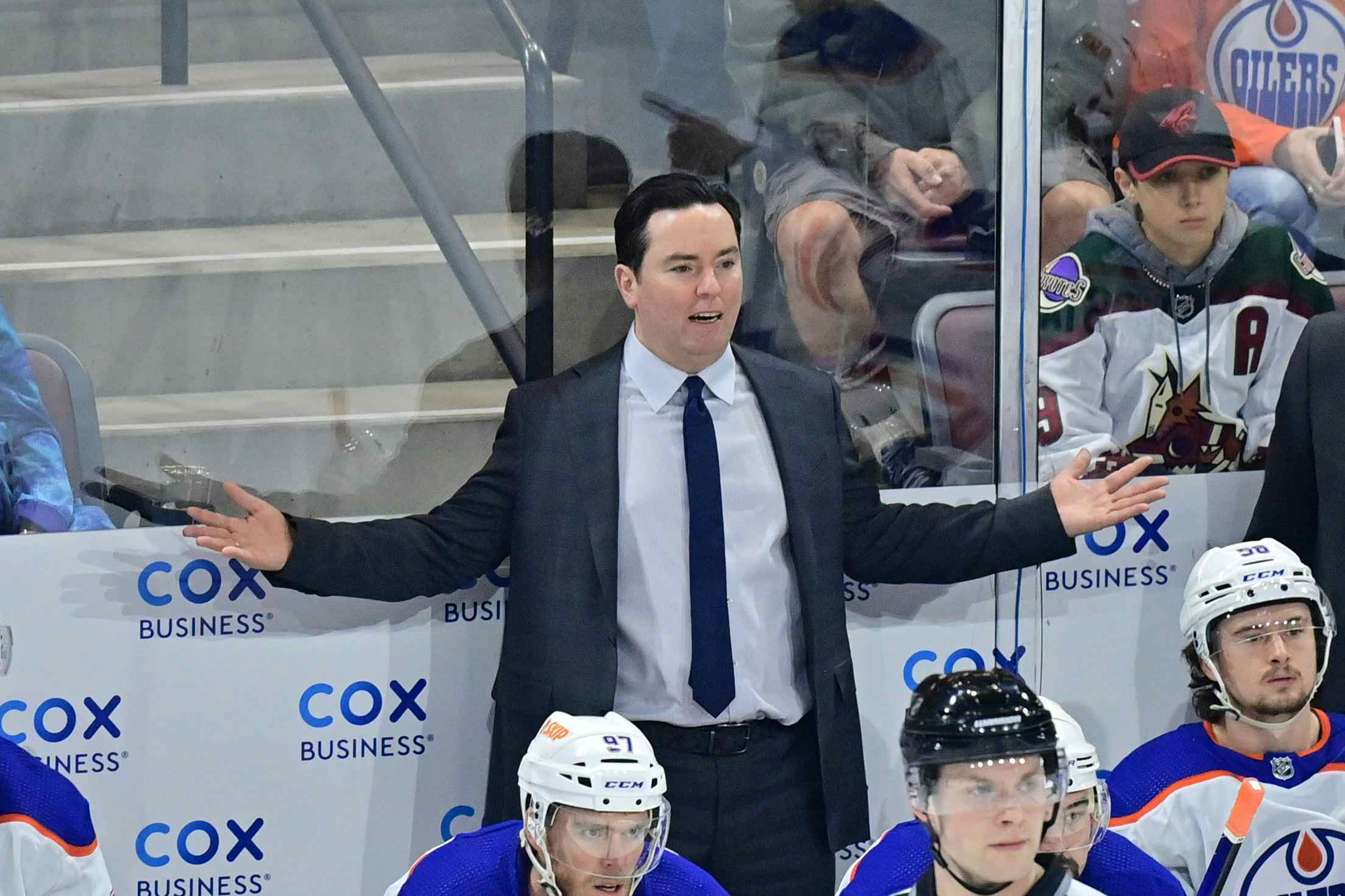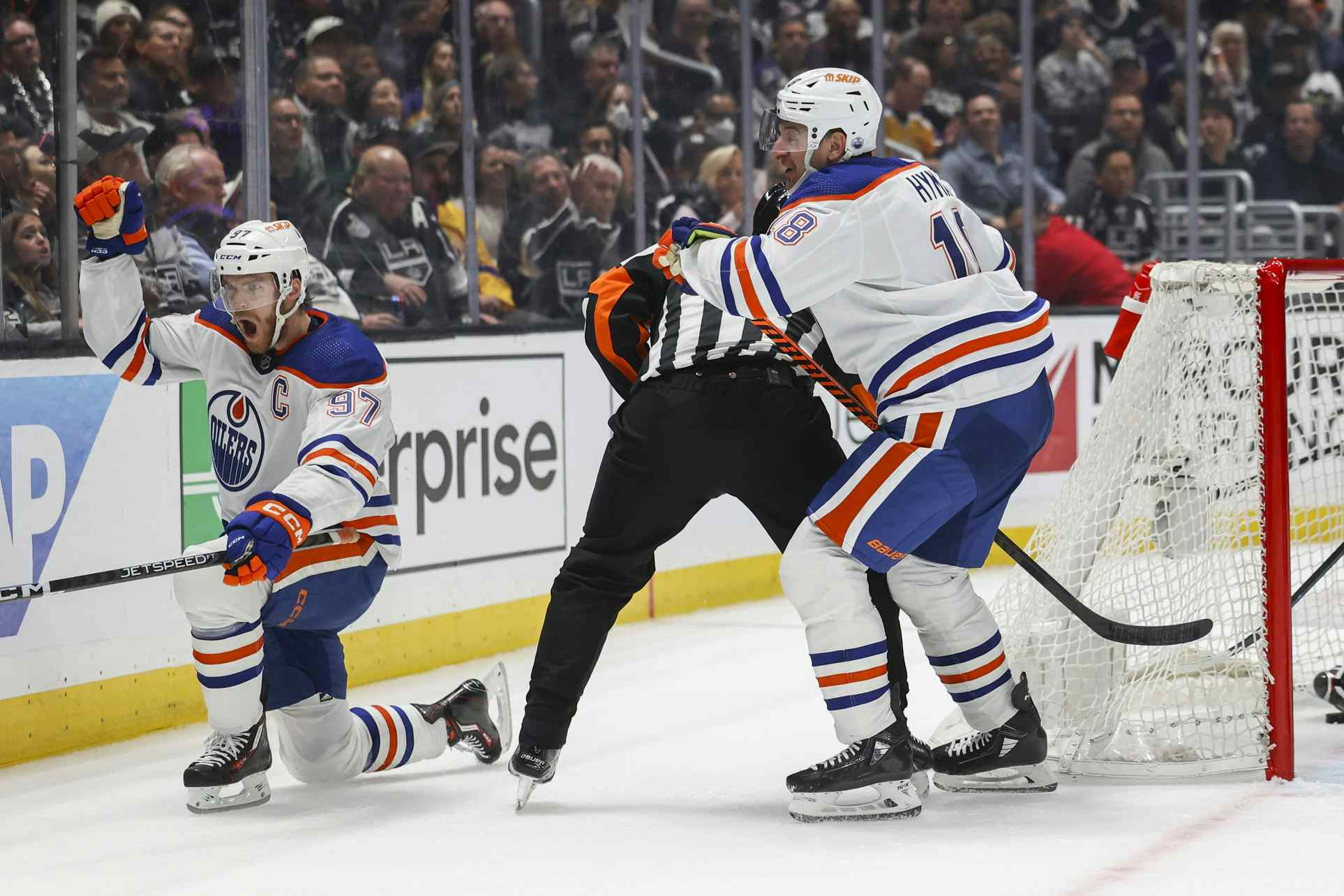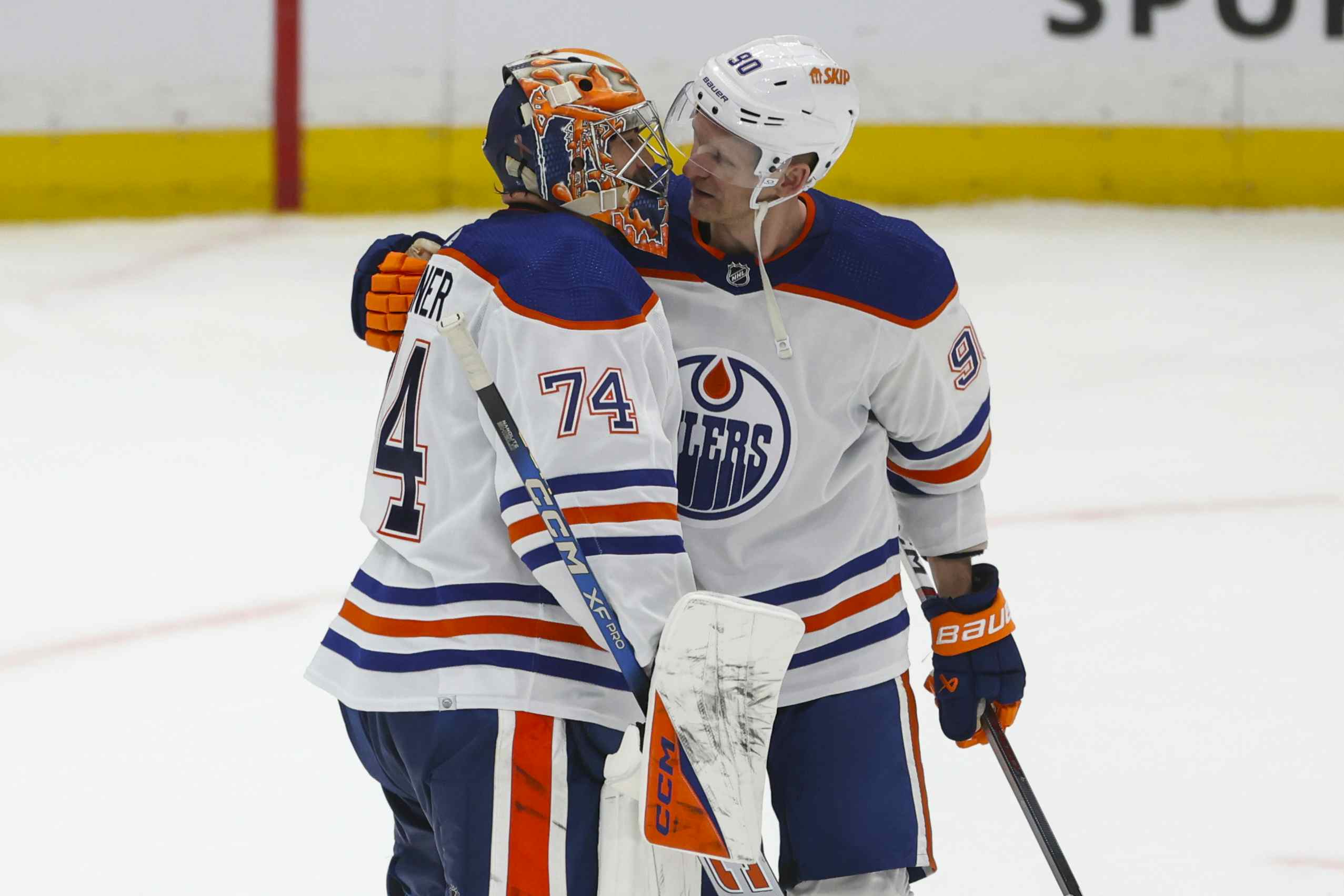RFA Profile: To bridge or not to bridge Darnell Nurse
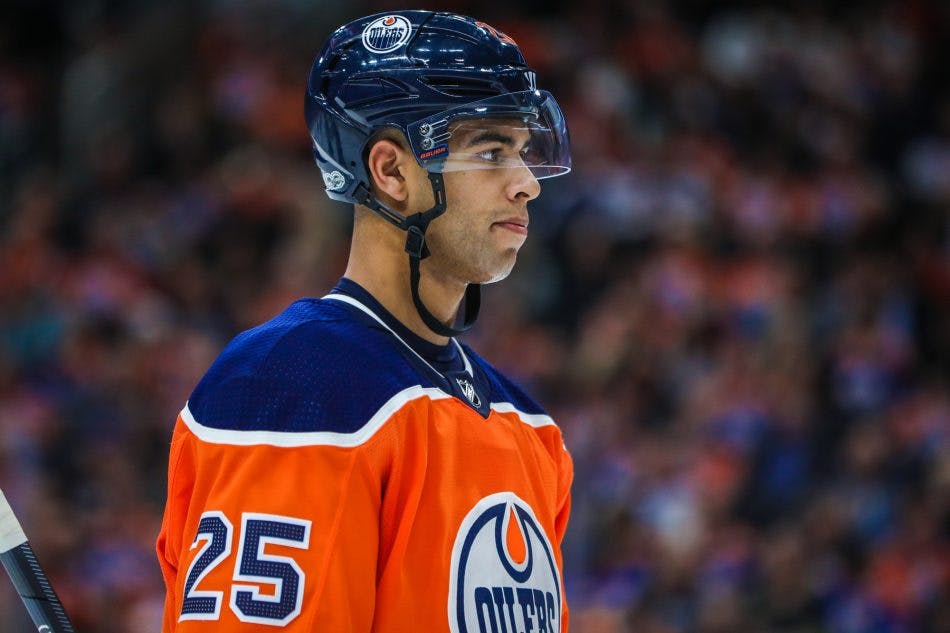
By Cam Lewis
6 years agoDarnell Nurse was one of very few bright spots on a disappointing Oilers squad this season. While he was better in the first half than he was in the second, Nurse proved in 2017-18 that he was a legitimate top-four defenceman at the NHL level. Now, as his entry-level contract is set to expire, the Oilers are faced with a decision: give Nurse a long-term contract or give him a bridge deal.
It took Nurse quite some time to find his footing in the NHL. After being drafted seventh overall by the Craig MacTavish-led Oilers back in 2013, Nurse spent two seasons in the OHL. In 2015, he put together a dominant performance on a gold medal winning Team Canada squad at the World Juniors, massively raising his profile as a top prospect. The hype was so high that the Oilers were comfortable pencilling him into a top-four role in his first professional season.
That didn’t go too well. In his first professional season in 2015-16, Nurse looked out of his depth. Many criticized the team for giving such a young blueliner a large role, as he played over 20 minutes a night at the NHL level when he really should have been developing in the AHL. The following season, Nurse played behind Andrej Sekera and Oscar Klefbom on the team’s third pair with Matt Benning in a reduced role and was much, much better. A good chunk of his season was derailed due to injury, but it was clear he was moving in the right direction.
Then, this year, with Sekera on the shelf due to an ACL injury and Oscar Klefbom dealing with nagging injuries of his own, Nurse stepped up as the team’s top left-handed defender. He and Adam Larsson became the team’s top pair who played against the other team’s top players. Nurse ultimately averaged 22:15 minutes per game, posted 26 points playing in all 82 games, and had a 50.9 Corsi For percentage, which is impressive given his assignments.

When thinking about Nurse’s next deal, some obvious comparisons with similar draft pedigree from the defenceman-heavy 2012 draft come to mind. Here are some blueliners’ post-ELC deals:
Ryan Murray (second overall, 2012) – Two years, $2,825,000 cap hit
Morgan Rielly (fifth overall, 2012) – Five years, $5,000,000 cap hit
Hampus Lindholm (sixth overall, 2012) – Six years, $5,205,556 cap hit
Matt Dumba (seventh overall, 2012) – Two years, $2,550,000 cap hit
Jacob Trouba (ninth overall, 2012) – Two years, $3,000,000 cap hit
Cody Ceci (15th overall, 2012) – Two years, $2,800,000 cap hit
Olli Maatta (22nd overall, 2012) – Six years, $4,083,333 cap hit
So, when looking at the group of quality NHL defencemen from 2012, we’ve got a pretty mixed bag of short- and long-term contracts. Morgan Rielly, Hampus Lindholm, and Olli Maatta were given long-term contracts while Ryan Murray, Matt Dumba, Jacob Trouba, and Cody Ceci were given two-year, bridge deals.
Rielly broke into the league as a 19-year-old and quickly became a high-level point producer, so it makes sense Toronto went for the longer term deal. Lindholm and Maatta were fairly similar to Rielly, and they were on teams already in difficult cap situations with expensive veterans who were looking for cost-controlled deals.
I think Dumba and Murray are the best comparables for Nurse. Dumba didn’t establish himself as a full-time NHL player until he was 21, and Murray didn’t play his first full year in the NHL until he was 22, due to injuries. With that in mind, a two-year bridge deal for Nurse, who isn’t really an offence-producing defenceman, probably makes the most sense at this point. Obviously there’s more to a defender than scoring points, but the reality is that points is what drives the big dollars on contracts in the NHL.
There’s obviously a risk in signing a player to a bridge deal. P.K. Subban in Montreal is probably the best example. Rather than inking Subban to a long-term deal, the Habs gave him a two-year extension prior to the end of his ELC worth $2,875,000 annually for two years. He went on to win the Norris Trophy and then commanded a deal worth $9,000,000 annually after that as the Habs had to buy multiple UFA years on his next deal.
Nurse isn’t Subban, but there’s certainly a lesson to be learned there. If you believe in a player, there’s merit to giving them a cost-controlled, long-term deal. That said, the Oilers went hard with Leon Draisaitl’s post-ELC deal last summer and, at this point, it looks like it might have been an overpay. While Nurse could end up being a bargain down the road if they give him a long-term deal this summer, the Oilers can’t afford anymore bad contracts. With that in mind, it probably makes the most sense to bridge Nurse at this point.
Recent articles from Cam Lewis

